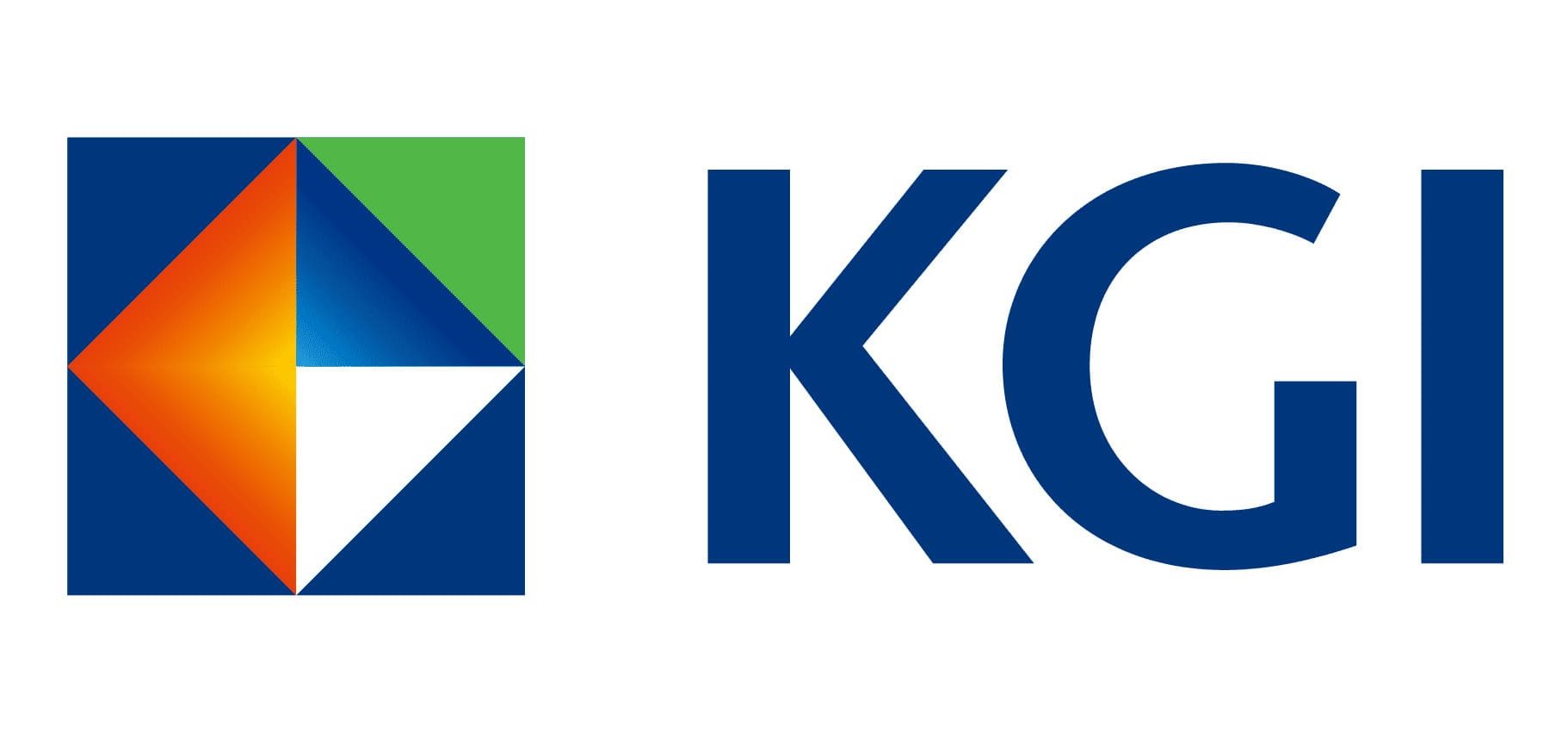Weekly Securities Newsletter: Shockwaves Ahead, Investors Are Uneasy Over the Trade War

Shockwaves Ahead, Investors Are Uneasy Over the Trade War
Chart of the Week:
Gold Hits New High; China’s Official Holdings Remain Modest, U.S.-China Tensions Drive Momentum
Since taking office, President Trump has sought to shrink the U.S. trade deficit, while trade policies have strained relations with other countries, prompting a market shift toward “de-dollarization” and weakening the dollar. Spot gold prices have risen nearly 25% year-to-date, posting a strong performance. Compared to the dollar credibility crisis of the 1970s, today’s situation is notably less severe, and gold’s gains remain relatively moderate.
Market Recap 1:
President Trump Signals Progress in Trade Talks, Lifting Equity Markets
President Trump has repeatedly signaled positive developments in trade negotiations and adopted a more conciliatory tone on the trade war, easing market tensions and boosting global equity performance.
Market Recap 2:
Treasury Yields Stabilize, Dollar Index Range-Bound, Gold Pulls Back After Hitting New High
Cleveland Fed President Hammack stated that by June, policymakers may have a clearer view of the economic outlook, potentially paving the way for interest rate adjustments. Following the remarks, short-term Treasury yields retreated, and rate cut expectations helped support equity markets. Historically, high-yield bonds have shown a strong correlation with equities, and this week, high-yield bonds also posted solid returns.
What’s Trending:
Could India Become a Trade War Safe Haven? Stocks Rebound as Valuations Normalize
The trade war is expected to dominate the global economic trend, and many Asian countries are export-oriented, so they will continue to be the focus of the market. At present, India in emerging Asia may be a market with opportunities.
In Focus 1:
Market Turns Pessimistic on Economic Outlook; Upcoming Data Suggests Limited Market Upside
The outbreak of a trade war and U.S. tariff policies have dealt a major blow to local consumers. In addition to the expectation of a sharp rise in prices, consumer confidence has dropped to levels near those seen during the pandemic. Beyond consumers, corporate managements are leaning toward reducing investment and hiring, while the manufacturing sector anticipates higher costs and weaker order flows. However, key economic indicators have yet to show significant signs of deterioration. Whether it is employment data, such as the number of people applying for unemployment benefits, non-farm payrolls, or inflation, retail sales, etc., they still show that the U.S. economic situation is relatively stable.
In Focus 2:
Earnings Downgrades Emerge; Equities Pricing in Bad News; Market Favors Defensive Strategies
Compared to other asset classes, the equity market has reacted more noticeably and earlier. S&P 500 EPS forecasts have already been revised lower. According to Citi’s Earnings Revisions Index, the number of companies cutting earnings forecasts has surged sharply in recent weeks, with the scale of downgrades exceeding most periods in recent years — comparable only to the Global Financial Crisis and the COVID-19 pandemic. Historically, during major equity market corrections, the typical pattern involves an initial valuation contraction, followed by earnings downgrades, and then another round of valuation compression.


